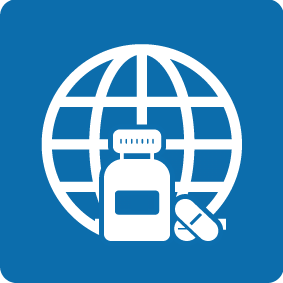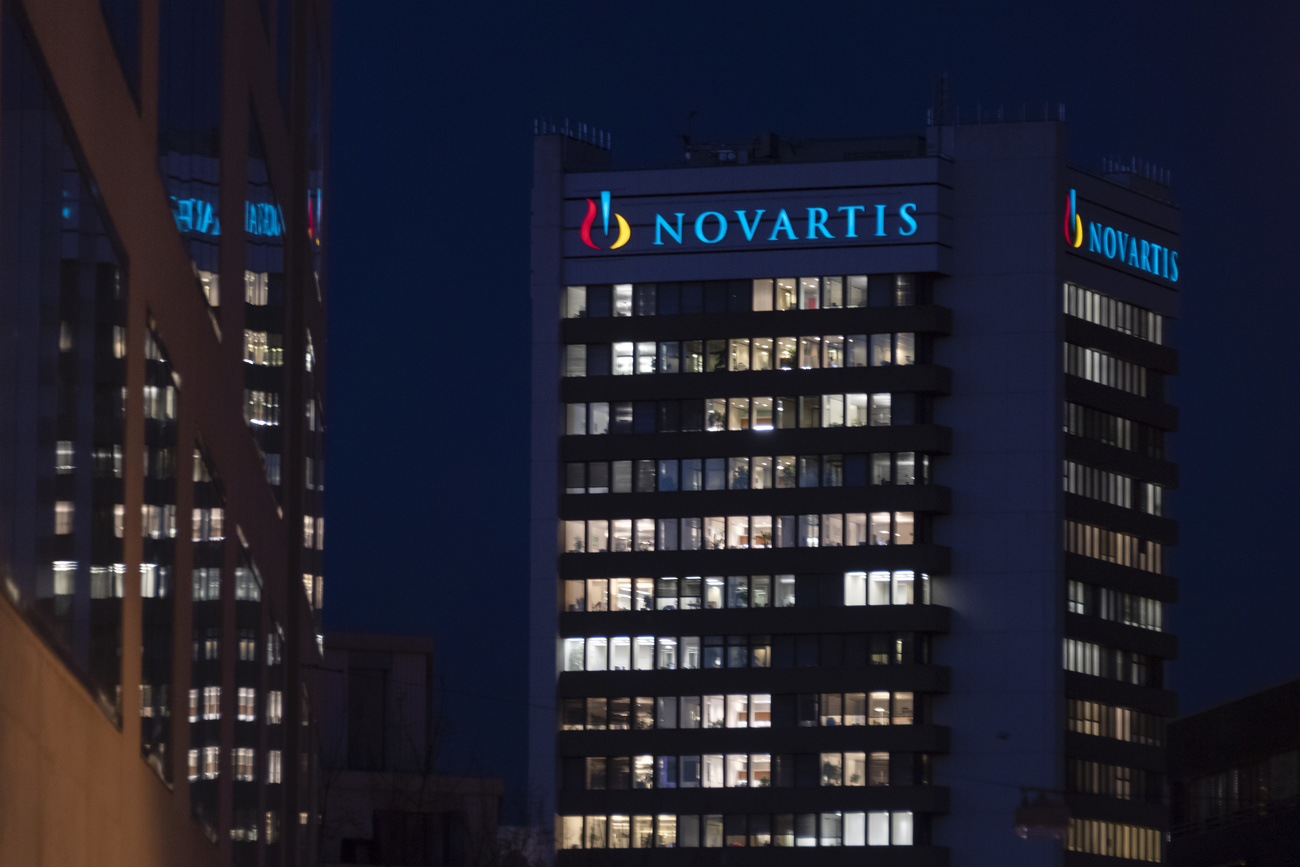Novartis blasts US move to rein in drug prices

The Basel-based pharma giant has joined industry peers in criticising the US government’s plan to rein in drug prices under the Inflation Reduction Act.
In a press releaseExternal link, Novartis said the price-setting provisions under the US Inflation Reduction Act were “unconstitutional” and will “limit the pharmaceutical industry’s ability to discover and develop new life-saving and meaningful medicines for the people who need them most”.
The comments came shortly after the US Centers for Medicare & Medicaid Services (CMS) unveiled the ten drugs that will be subject to the first round of price negotiations under the Inflation Reduction Act. Among the ten is the Basel-based company’s drug Entresto that is used to treat heart failure.

More
Swiss pharma industry fights lower drug prices in the US
Passed by US Congress last August, the Act gave Medicare, which is the US government-run insurance for people 65 and over, the power to negotiate prices for a selection of drugs in a bid to lower healthcare costs. The US Congressional Budget Office estimates the negotiations will save $96 billion (CHF84 billion) over ten years.
Some 587,000 people on Medicare took Entresto last year costing the government around $2.8 million. This made it one of the most widely used and costly drugs covered by the state-run insurance. Novartis along with other companies with drugs on the list will now have a year to negotiate prices that will come into effect at the start of 2026.
Push back
Industry analysts suggestedExternal link the financial impact for companies in the first round of negotiations is likely to be minor as many of the drugs are nearing patent expirations. Entresto is expected to lose exclusivity in 2027, which means the negotiated prices for their drugs would only be in effect for about a year.
This hasn’t stopped companies from pushing back on the measure. Six pharmaceutical companies are taking the US government to court arguing the Inflation Reduction Act violates the constitutional rights of manufacturers. The US industry trade group and the US Chamber of Commerce have also taken legal action.
A Novartis spokesperson told SWI swissinfo.ch that the company hasn’t joined any lawsuits but is “continuing to evaluate all our legal options”.
In addition to questioning the constitutionality of the Inflation Reduction Act, Novartis and other companies argue that the measure will harm innovation and disincentivise investments in certain drugs such as those for diseases affecting seniors.
More
The industry has also taken aim at a specific provision in the law that they say discourages investments in small molecule drugs, which are chemical-based pills such as Entresto. These are only given nine years on the market before they have to be sold at the negotiated price, whereas large-molecule drugs such as biologics, which are more costly to develop, are afforded 13 years. Drugs typically have 14-16 years before competition comes in.
A spokesperson told SWI that Novartis has “already discontinued some early-stage drug trials in cancer” where the company felt they couldn’t develop the drugs across all the indications within nine years.
Some healthcare experts in the US pushed backExternal link on this, arguing that the time on the market is long enough for companies to earn substantial profits that the threat to innovation is minimal.
Money maker
The strong reactions by industry don’t come as a huge surprise. The US market has long been the revenue engine for the pharmaceutical industry in part because companies can freely name their price.
According to data analytics firm IQVIAExternal link, North America accounted for 52.3% of world pharmaceutical sales compared with 22.4% for Europe in 2022. The share is even higher for new medicines. Some 64.4% of sales of new medicines launched during the period 2017-2022 were on the US market, compared with 16.4% on the European market. The US contribution to profits is even higher.
Entresto was Novartis’ second best-selling medicine with $4.6 billion turnover in 2022. Half of this came from the US market and about half of that was via Medicare.

More
Novartis’s big bet on sickle cell disease struggles to reach Kenya
The current list price of Entresto in the US is $667.97 (CHF589) per month but Novartis says that it has negotiated deep discounts with many payers, including Medicare. While it can be difficult to compare costs of medicine in different health systems, the price per month of Entresto in Switzerland is CHF123.90 (ex-factory price) / CHF158.65 (retail price).
In Switzerland the Federal Office of Public Health sets the price of new medicine, often through a negotiation with the manufacturer. Only once the price is set, can the drug be put on the so-called specialties list and reimbursed by insurance.

In compliance with the JTI standards
More: SWI swissinfo.ch certified by the Journalism Trust Initiative













You can find an overview of ongoing debates with our journalists here . Please join us!
If you want to start a conversation about a topic raised in this article or want to report factual errors, email us at english@swissinfo.ch.